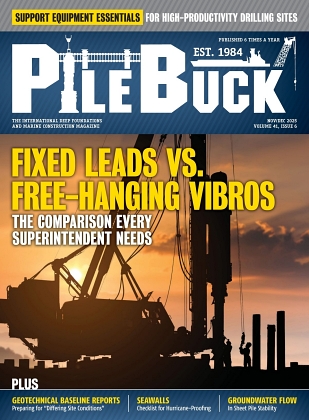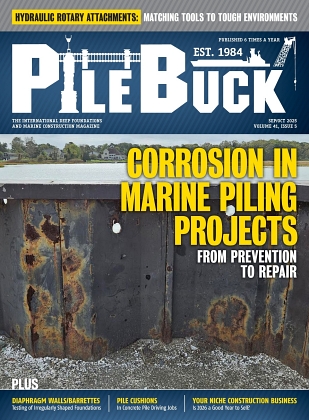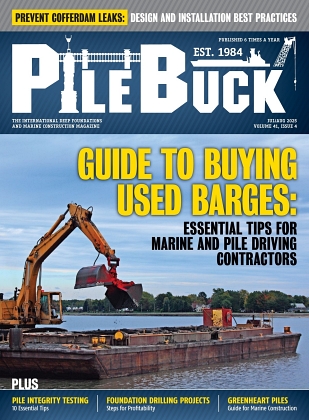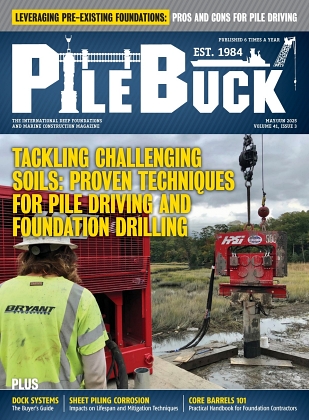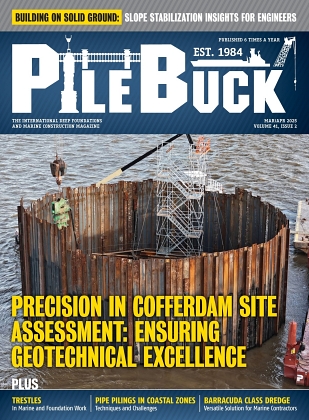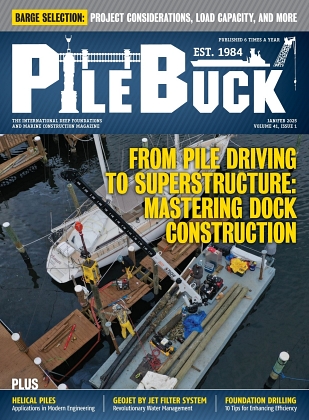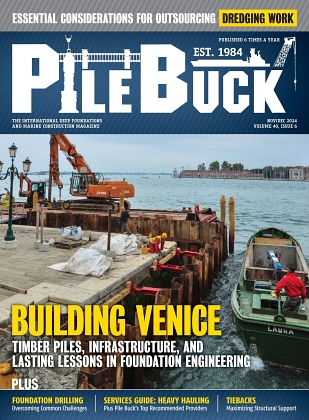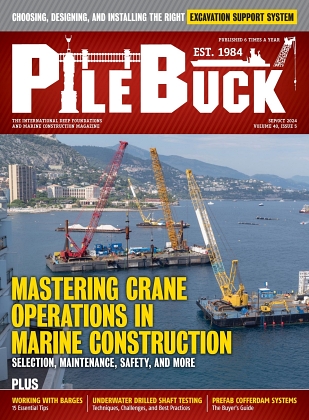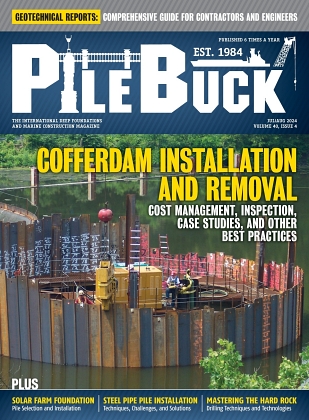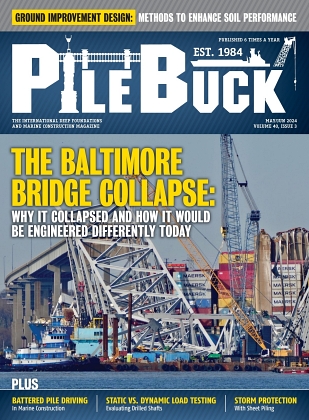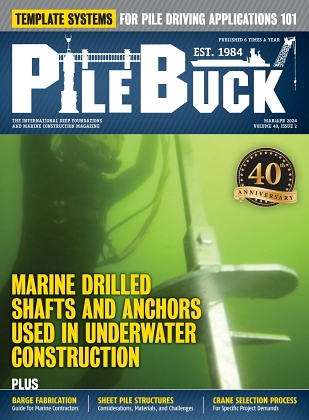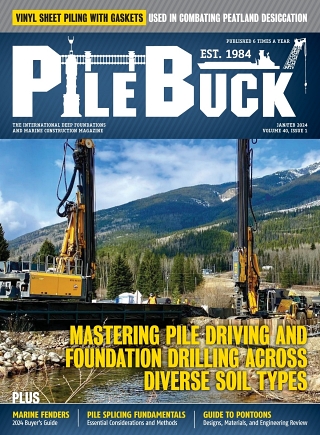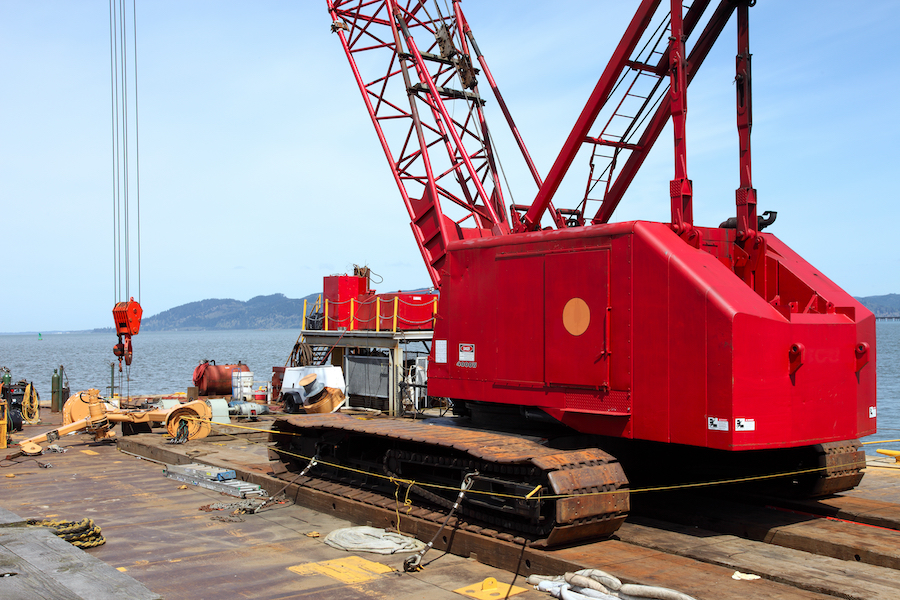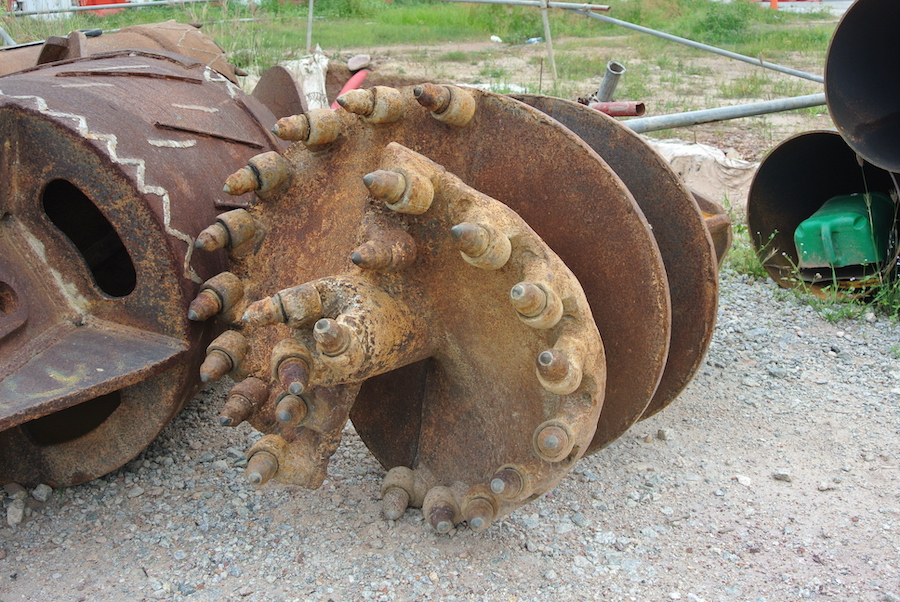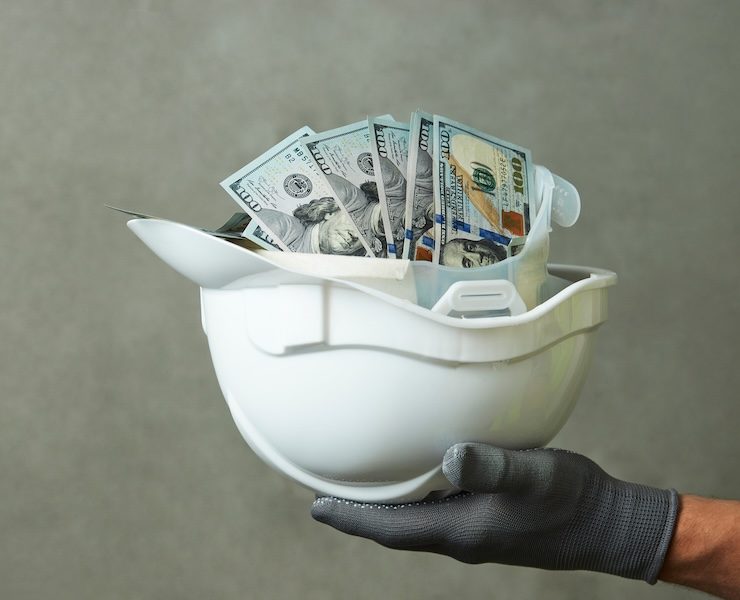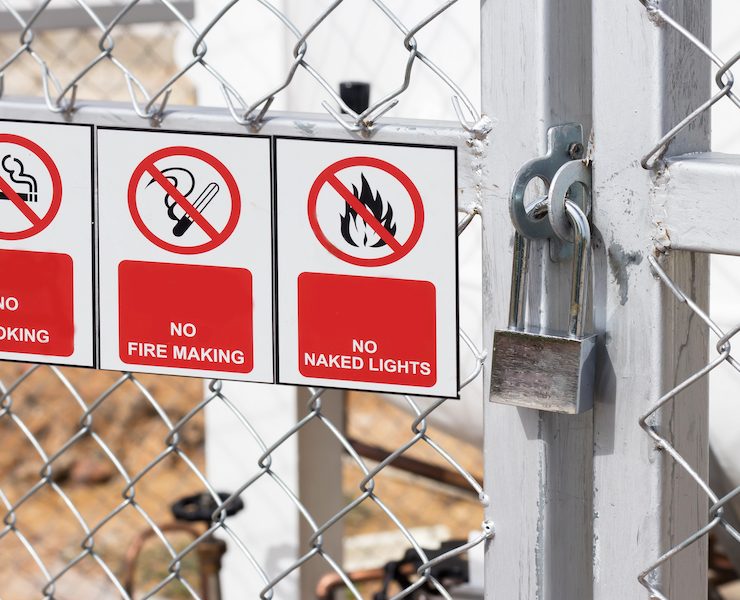Tax Benefits to Know Before You Buy Heavy Equipment
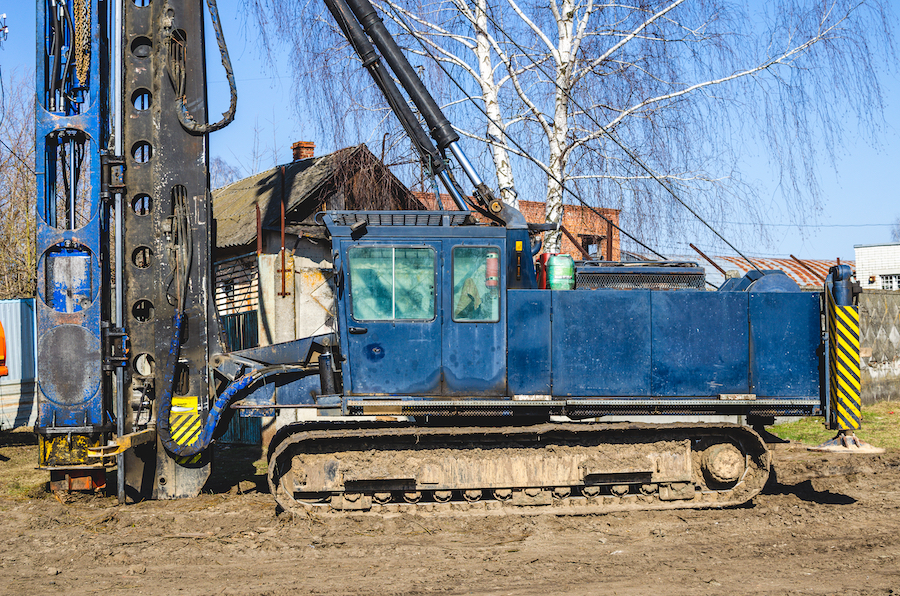

View the complete article here
December is a crazy time for businesses. In part because you’ve been busy, and the tough stuff tends to be put off until the end of the year. Although one might ask – what’s so tough about going shopping? Construction businesses who take advantage of Section 179 spend a good part of their December buying heavy equipment. In this article we discuss tax benefits to know before you start buying.
Section 179
Section 179 is part of the Internal Revenue Code (IRC). For 2021, a business can purchase new or used equipment and deduct the full cost of it from their taxes. The maximum deduction for 2021 is $1,050,000. You can buy used equipment, but it must be “new to you.” The equipment must be used by the business more than 50% of the time. Learn more here.
Devil’s in the Tax Code Details
The equipment you purchase must be in service by 12/31/21 for the 2021 tax year. That could mean anything from just plugging it in to having it professionally installed and setup. Obviously, it depends on the specific piece of machinery. Buying a fleet of skid steers and sticking them in your warehouse won’t get you the Section 179 tax deduction.
It’s an Incentive
The real point to Section 179 is to incentivize businesses to invest in themselves. Of course, this positively impacts other parts of our economy. It’s a win-win all around. Even a very small construction business can benefit – it’s not just the usual tax break for the big boys with a cavalry of accountants. If you do your own taxes, the form used for Section 179 is IRS 4562.
Other Tax Benefits
There are presently other tax deduction options for the purchase of heavy equipment including standard depreciation and bonus depreciation. With standard depreciation you take a smaller deduction over a longer period of time. Bonus depreciation is similar to Section 179 but has changed year to year. For example, in past years you could only apply the deduction to new equipment. In 2021, you can buy used heavy equipment and take bonus depreciation. This is where we urge you to talk to an accountant. IRS rules are constantly changing. We’re thinking you’re a bit too busy to keep current with all the various tax deductions that may benefit you. Those professional accountants can often save you a lot more money than they charge.
Keep Your Eye on the Timeline
COVID hit supply chains hard. So buying new equipment may not be possible this late in the year. Just because you can’t buy new doesn’t mean you can’t take advantage of the mega tax deduction Section 179 may provide you. There’s a lot of used construction equipment out there. Just be sure to buy from a reputable source.
What Should You Buy?
You should buy what makes sense for your business. Although construction companies tend to focus on heavy equipment, off-the-shelf software is also deductible under Section 179. Consider whether software implementation, like a construction project management program, can improve and expand your business. There are some business use vehicles that qualify as well.
Don’t Do It Just for the Deduction
Whatever heavy equipment you decide to buy needs to make financial sense for your business. Don’t buy something simply for the tax deduction. You are still spending money. Let’s say you spend $100,000 on a crawler crane and your tax rate is 35%. It’s like getting that equipment for the bargain price of $65K. But it’s only a deal if that crawler crane is going to make money for you. If you do it just for the tax break, you haven’t saved $35K — you’ve wasted $65K.
Plan Now for Heavy Equipment Purchases
Rather than frantically buying heavy equipment at the end of the year, use that time to think about how you want to expand your business next year. Identify heavy equipment purchases that you’ll need. Do some research on costs, including financing. This way you’ll be ready to pull the trigger on that tax deduction later in the year if it makes sense. Now you’re not scrabbling last minute – good decisions are not usually made in a rush.
Conclusion
There are several different ways to leverage tax deductions to offset the cost of buying heavy equipment for your construction business. Ordinary depreciation, bonus depreciation, and Section 179 of the IRC are tax deductions you may be able to take advantage of. Just be sure to buy what will help you improve and / or expand your business. Remember at the end of the day you need to discuss your specific tax situation with your accountant. (We think we write some darn good articles, but they are never a substitute for professional tax advice.)
View the complete article here
What tax benefits are available when purchasing heavy equipment?
Tax benefits for heavy equipment purchases may include Section 179 expensing, Bonus Depreciation, and Modified Accelerated Cost Recovery System (MACRS) depreciation.
How can I maximize tax advantages when buying heavy equipment?
To maximize tax advantages, consider consulting with a tax professional, keep detailed records, take advantage of available deductions, and stay informed about current tax regulations related to heavy equipment purchases.

